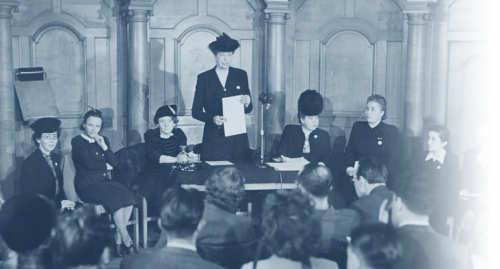Social protest is recognized and protected as intrinsic to the existence and consolidation of democracies by the inter-American system of human rights. As per the instruments of the inter-American system, the rights to freedom of expression, peaceful assembly, and association guarantee and protect individual and collective forms of public expression of opinions, dissent, demand for compliance with human rights, and affirmation of the historically marginalized groups in society. Despite such recognition, the region continues to repress and limit the exercise of these rights in the public sphere, due to the notion of citizen mobilization being disruptive for public order or a threat to the stability of democratic institutions. The objective of this report, therefore, is to “contribute to a better understanding of State obligations aimed at guaranteeing, protecting, and facilitating public protests and demonstrations, as well as the standards that should frame the progressive use of force—and as a last resort—in protest contexts”. The report discusses: guiding principles, applicable legal framework, obligation to respect rights, obligation to protect and facilitate, obligation to guarantee rights, protests and the internet, access to information, states of emergency, and conclusions and recommendations.

